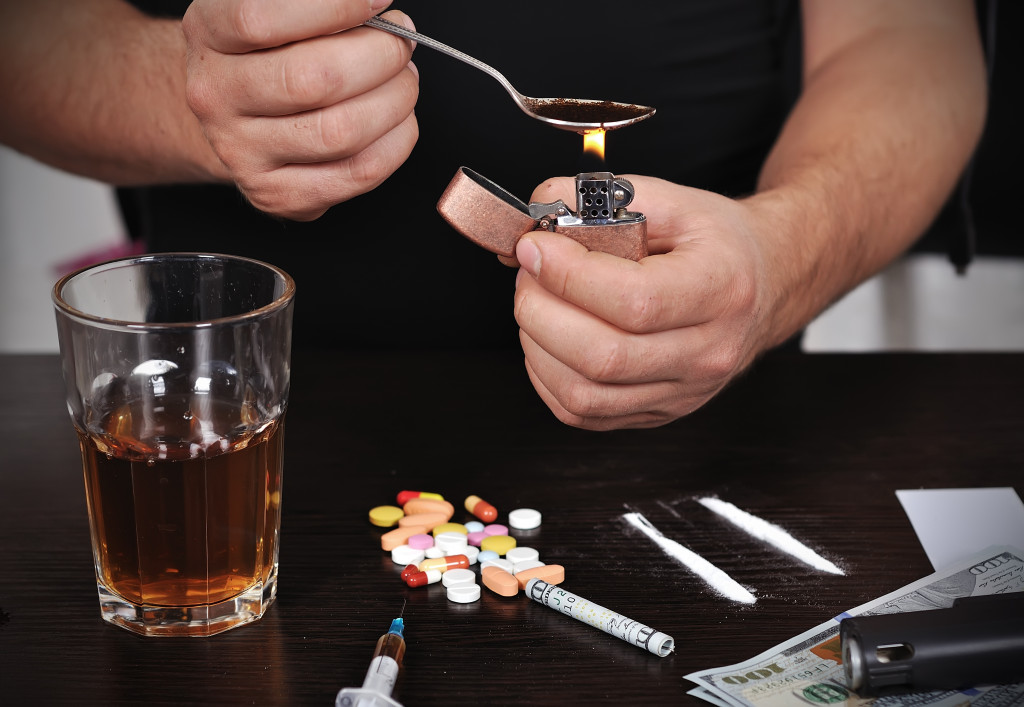- Identifying the root cause of drug abuse is the first step in overcoming it.
- Develop a supportive network of family and friends.
- Practice self-care and avoid triggers that may lead to relapse.
- Seek professional help from therapists, counselors or addiction specialists.
- Take it one day at a time and celebrate small victories along the way.
Drug abuse is a chronic disease that can affect anyone, regardless of age, gender, or social status. It can lead to severe health consequences, including physical, psychological, and social problems. Overcoming drug abuse can be challenging and requires patience, determination, and a supportive network of family and friends. This guide will explore five tips for overcoming drug abuse for good to help you on your journey toward recovery.
1. Identify the Root Cause of Your Drug Abuse
To overcome drug abuse, you need to identify the underlying reasons that led you to substance abuse in the first place. By identifying the root cause of your drug abuse, you can take the first step toward a successful recovery.
Here are the common root causes behind drug abuse:
Stress
Drug abuse is often linked to high-stress levels, such as financial problems, relationship troubles, or job-related issues. Stress can be overwhelming, and drug use can seem like an easy escape from your difficulties. However, it’s important to recognize that even though drugs may provide short-term relief from daily life stressors, they don’t solve any underlying issues or help you work through them effectively. To address stress successfully, finding healthy outlets for managing your emotions and using relaxation techniques can help reduce stress levels while avoiding drug abuse.
Mental Health Issues
Mental health issues like depression, anxiety, and PTSD are common among people who have substance abuse problems. Mental health issues can make it difficult to cope with life stressors, leading individuals to use drugs to self-medicate or feel better. If you have a mental health condition, you should seek help from a professional specializing in treating such disorders before turning to drug abuse as an escape.
Trauma

Traumatic events like the death of a loved one, physical abuse, or other experiences can be devastating and drive individuals to rely on drugs as an emotional crutch. It’s important to understand that these traumatic experiences will not subside by using drugs; instead, they need to be dealt with directly through therapy, where you can begin healing and recovery.
Peer Pressure
Finding yourself around certain people or social settings can increase the risk of substance abuse. Peer pressure can make it difficult to resist the temptation of using drugs, but understanding that your friends don’t always have your best interests at heart and resisting the urge to conform is key. It’s important to find a good support system composed of people who understand what you’re going through and encourage healthy decisions.
2. Develop a Support System
Recovering from drug abuse is a long-term process that requires support and encouragement. You need to surround yourself with positive and supportive people who can help you stay on track and offer emotional support when needed. This could include family members, friends, therapists, or support groups.
3. Practice Self-care
Drug abuse can take a toll on your physical and mental health. To overcome drug abuse, you need to prioritize your health and well-being. This includes eating a healthy diet, sleeping well, and exercising regularly. You can also practice mindfulness, meditation, or yoga to reduce stress and improve your mental health.
4. Seek Professional Help

Overcoming drug abuse can be a complex and challenging process. It’s essential to seek professional help from a therapist, counselor, or addiction specialist who can provide personalized treatment and support. They can help you develop a treatment plan, address underlying mental health issues, and provide tools and resources to help you overcome drug abuse.
Additionally, a reliable drug detox program can help you safely and comfortably detox from drugs and manage your withdrawal symptoms. Detox programs can also provide medical supervision and support to ensure a safe and successful recovery.
5. Take It One Day at a Time
Overcoming drug abuse is a lifelong process that requires patience and perseverance. Taking it one day at a time and celebrating your small victories along the way is essential. You may experience setbacks or relapses, but staying focused on your goals and working towards a successful recovery is important. Taking it one day at a time can gradually build the skills and resources you need to overcome drug abuse for good.
To Wrap It Up
By following these five tips, you can take the necessary steps to overcome drug abuse and live a healthier life. However, it’s important to remember that recovery is an ongoing process. Reaching out for support when needed is essential to ensure a successful recovery journey. You can overcome drug abuse for good and achieve long-term sobriety with patience and determination.

